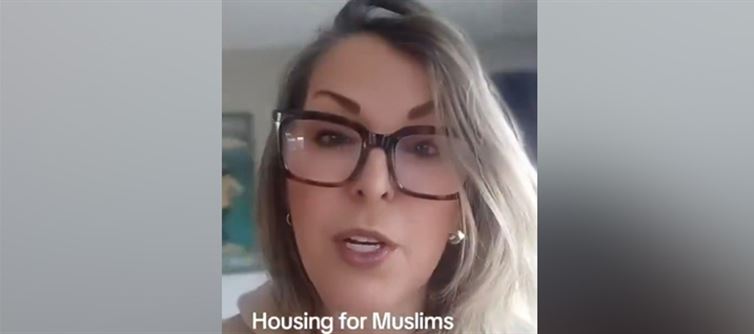
However, it's important to scrutinize the accuracy of such claims. No verified government program allocates homes based on religion. Public housing in the UK is distributed based on criteria like income, family size, and need, not religious affiliation. In areas with large Muslim populations, new housing developments may naturally serve these communities and be located near mosques and halal markets due to demographic realities, not religious favoritism. Misrepresenting these urban planning efforts as "Muslim-only housing" fuels division and stokes unnecessary cultural tension, especially when the statements are not grounded in official policy or verified facts.
Nonetheless, the strong reactions to this narrative reflect deeper societal anxieties about cultural integration, identity, and fairness in modern Britain. Many citizens feel alienated when they perceive that government institutions are prioritizing one group over others, particularly along religious or ethnic lines. The challenge for public leaders like Sadiq Khan lies in fostering inclusive urban development that addresses the needs of diverse communities while also maintaining transparency and trust. Misinformation, whether spread deliberately or through misunderstanding, risks inflaming social divisions and undermining the very principles of equality that democratic societies are built upon.




 click and follow Indiaherald WhatsApp channel
click and follow Indiaherald WhatsApp channel